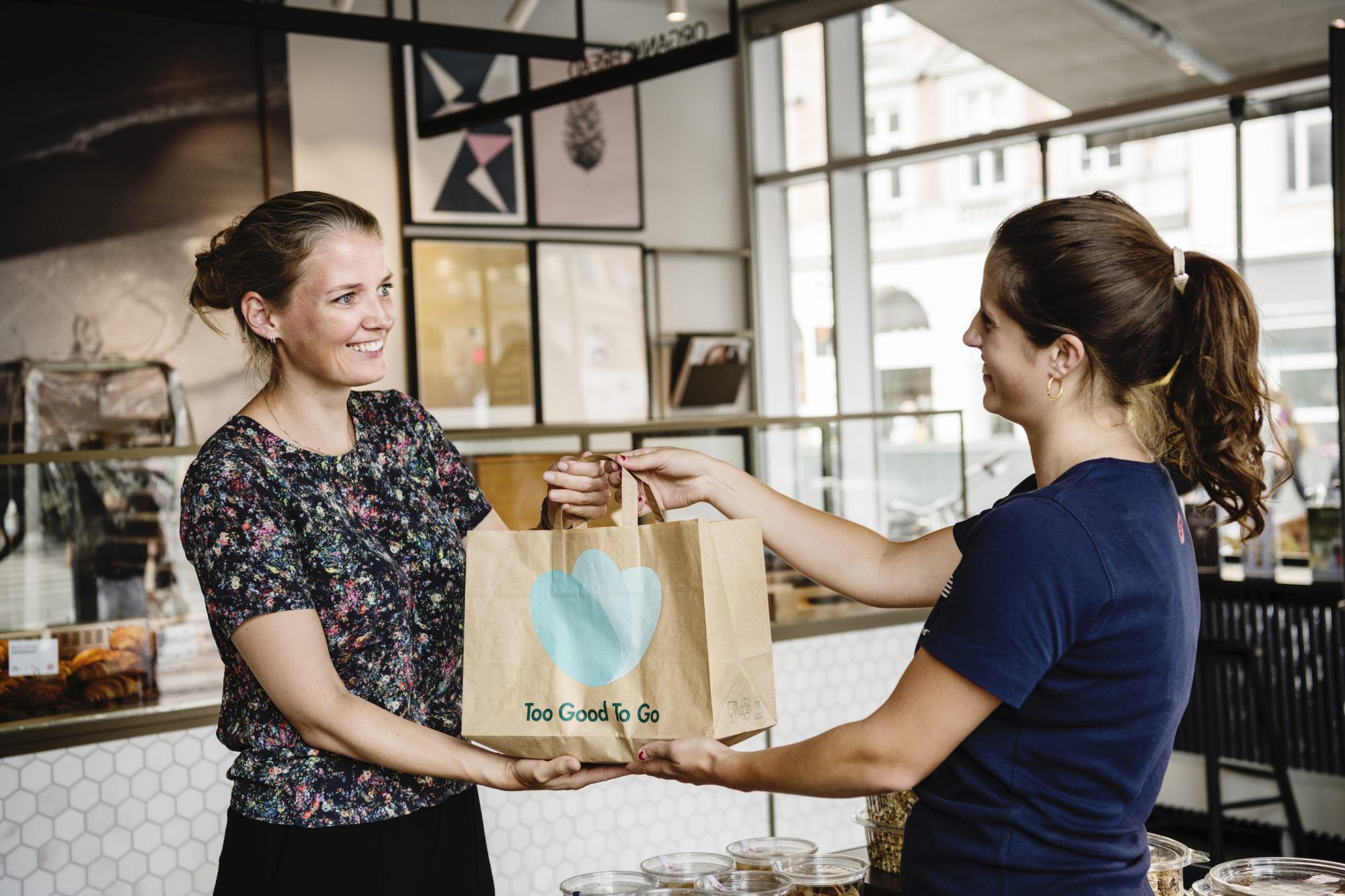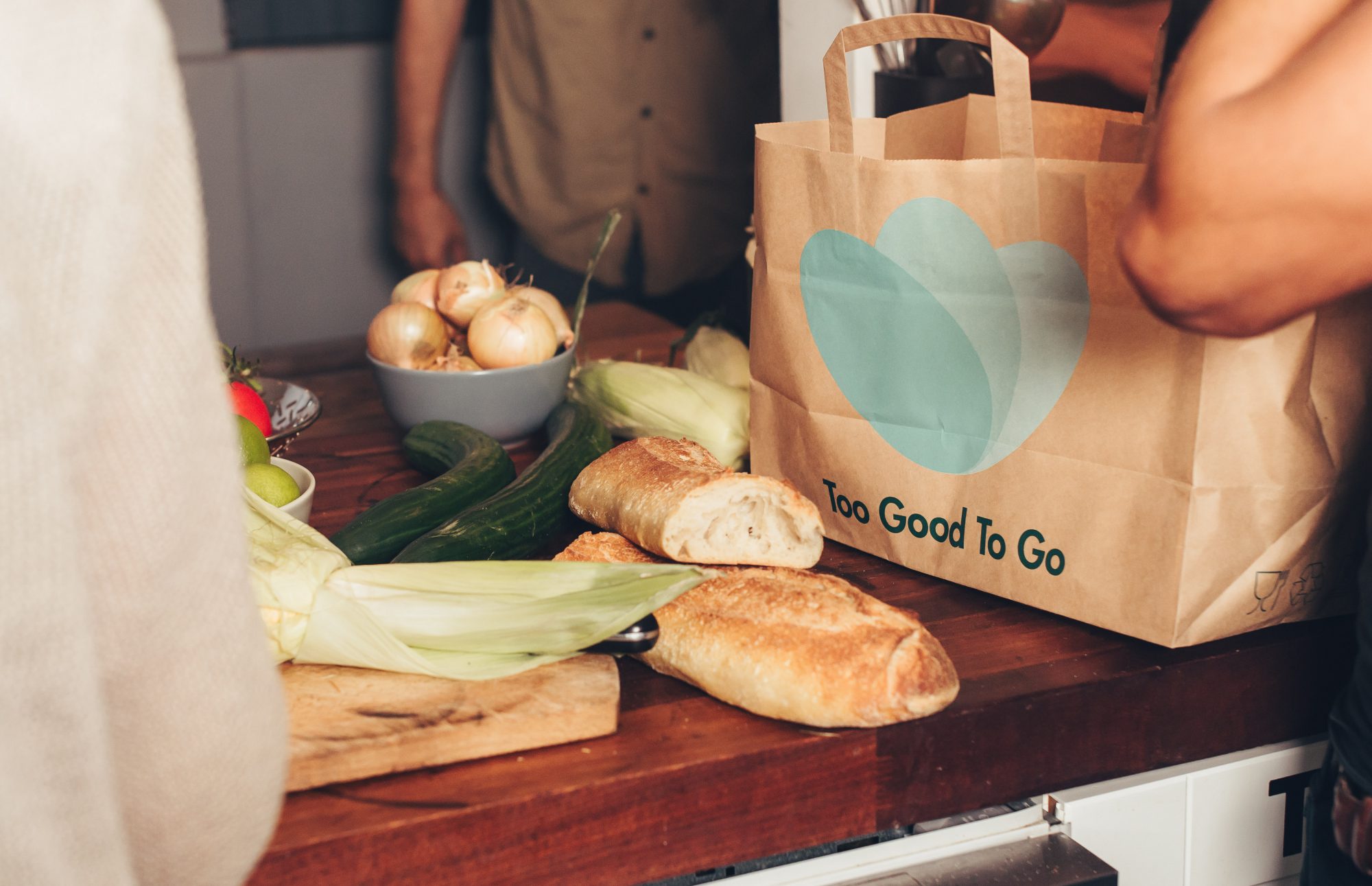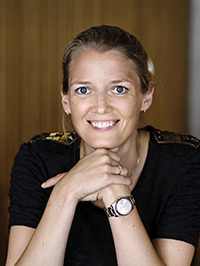If food waste were a country, it would be the third highest emitter of greenhouse gas emissions on the globe, according to the Food & Agriculture Organizaton of the United Nations.
A massive 1/3 of all food produced globally is wasted. Food waste accounts for 8-10% of all greenhouse gas emissions and costs society $1.2 trillion annually.
The issue is complicated as food waste happens at every step of the value chain and for 100 different reasons. What this also means is that there is no silver bullet to the problem. It will take hundreds of solutions and even more passionate and talented people working at all stages of the value chain to face this.
New ideas are being put forward all the time and the space is changing fast. What I do believe is that new marketplaces will be a crucial component of this new landscape.
Making sustainability work at scale
Too Good To Go is one of these marketplaces. More than 300 chains across Europe are now signed up to fight food waste with Too Good To Go, and more than 29,000 stores are active on the app.
So we know that any solutions have to be scalable, accessible, and slot easily into existing retail models and supply chains. We also know that although CSR is an important and often integral part of company strategy, steps taken still have to make economic and operational sense.
Our partners include Carréfour in France, Costa in the UK, Real in Germany, and Lidl in Denmark, which all need to continue business as usual while improving green credentials, improving staff and customer satisfaction, and tackling issues of over-production and food waste.
In the store’s financial interest
Supply and demand in retail is a notoriously tricky business to get to match perfectly and a big contributor to food waste. Even with the best of AI and clever algorithms, it’s not possible to predict with 100% accuracy exactly which products will be sold on a given day.
We need solutions that work with this reality. Too Good To Go allows businesses to take produce that’s already written off as waste and redistribute it to consumers able to purchase at lower cost, and collect that same day.
The perks for retailers are manifold. Costs are recuperated and go directly towards the bottom line, new customers are won, and – most importantly – food waste is reduced.
Consumers are crying out for a solution
Consumers are increasingly environmentally aware, and ready and willing to take action. More and more of us will use the information at our fingertips to decide which businesses we want to support whenever we make consumer choices. We can impact the world for the better, when we consciously support the most sustainable solutions and products in the market.
We have +14M registered consumers on our platform and they tell us that they feel empowered, and are ready for solutions that make them feel part of a global solution to environmental challenges.
This is a huge opportunity for manufacturers and retailers to lead the way and build on the momentum happening as we speak in changing attitudes to food waste.
Employees demand change from within
Just as consumers are making choices about where to spend, talented people are deciding who they want to work for. Companies who are explicit about their environmental commitments will have a huge advantage when competing for the best talent.
For years now, we’ve been talking about digitalisation as the trend not to miss out on as a business owner. I believe sustainability will be a similar force and that the ability to deliver on this will make or break companies in just a few years.
It’s time to think bigger about the problem
Reducing food waste starts with a mindset change. We need to all understand that food is a precious resource and that we need to cherish it, not waste it. Our mission is to inspire everyone to fight food waste, together. We need to rethink the way we produce, distribute, move and reuse our food… and we all have a part to play.
As food waste chef Anne-Marie Bonneau puts it: “We don’t need a handful of people doing zero waste perfectly. We need millions of people doing it imperfectly.” Let’s fight food waste together.
This post was written and contributed by:
Mette Lykke
CEO
Too Good To Go



